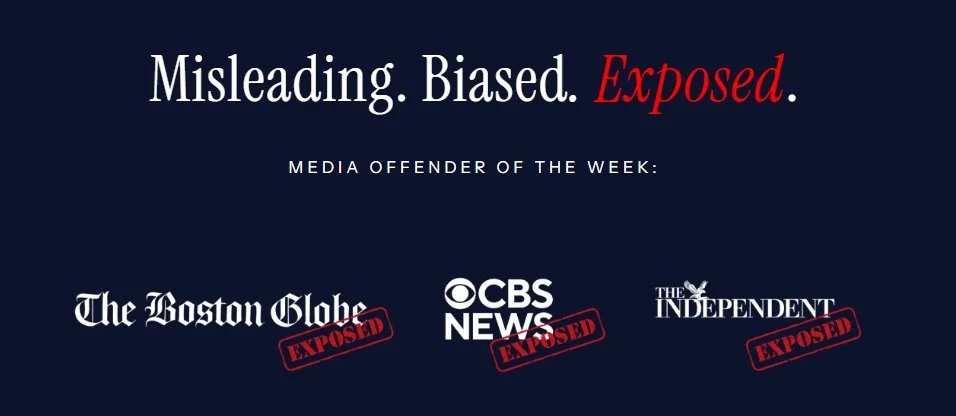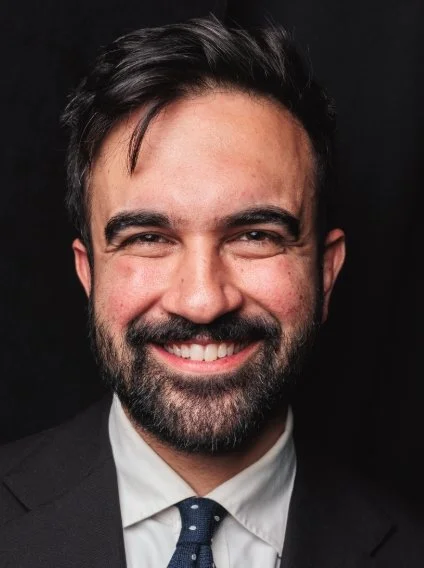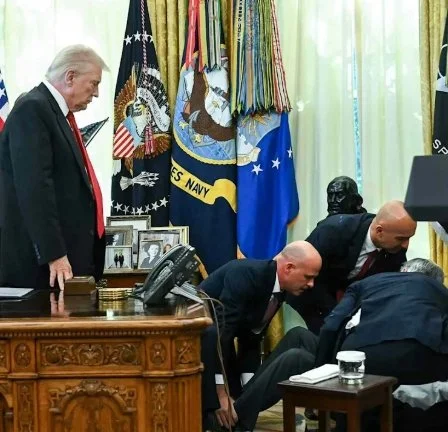Psychological Profile of Volodymyr Zelenskyy
Post-Invasion Analysis
The Russian invasion of Ukraine in February 2022 brought Volodymyr Zelenskyy, Ukraine's President, into the global spotlight. His leadership during this crisis has been lauded internationally, revealing a complex interplay of resilience, communication skills, and strategic thinking. This article explores Zelenskyy's psychological profile, drawing on peer-reviewed literature to examine the traits, motivations, and cognitive processes that have shaped his response to the invasion.
Background and Context
Volodymyr Zelenskyy's rise to the presidency is unconventional. A former comedian and actor, he gained national fame for his role in the television series Servant of the People, where he portrayed a fictional Ukrainian president. His real-life election in 2019 was seen as a rejection of traditional political elites and a desire for change among the Ukrainian populace. This background has significantly influenced his leadership style and public persona.
Personality Traits and Leadership Style
Resilience and Optimism
One of the most striking aspects of Zelenskyy's psychological profile is his resilience. Resilience, the ability to adapt and thrive in the face of adversity, has been a critical factor in his leadership during the invasion. Research indicates that resilient leaders are characterized by optimism, the capacity to remain hopeful and focused on positive outcomes despite challenges (Reivich & Shatté, 2002). Zelenskyy's public addresses often emphasize unity, hope, and the strength of the Ukrainian people, which has bolstered national morale.
Charismatic Leadership
Zelenskyy's communication skills and charisma are central to his leadership. Charismatic leaders inspire and motivate followers through their vision, emotional expressiveness, and personal appeal (Conger & Kanungo, 1998). Zelenskyy's adept use of social media and direct, emotive speeches have garnered widespread support both domestically and internationally. This aligns with theories of charismatic leadership, which emphasize the importance of emotional connection and vision in mobilizing collective action (House et al., 1991).
Motivations and Cognitive Processes
Need for Social Justice
Zelenskyy's motivations appear to be strongly rooted in a desire for social justice and national sovereignty. His pre-political career in entertainment, where he often highlighted social issues and corruption, suggests a long-standing commitment to these values. This aligns with self-determination theory, which posits that individuals are motivated by intrinsic goals such as autonomy, competence, and relatedness (Deci & Ryan, 2000).
Cognitive Flexibility
Cognitive flexibility, the ability to adapt thinking and behaviour in response to changing circumstances (Martin & Rubin, 1995), is another key aspect of Zelenskyy's psychological profile. Cognitive flexibility is associated with effective problem-solving and strategic decision-making, which are crucial in crisis situations (Scott, 1962). Zelenskyy's swift adaptation from a media personality to a wartime leader exemplifies this trait.
Impact of Crisis Leadership
Emotional Intelligence
Emotional intelligence (EI) refers to the ability to recognize, understand, and manage one's own emotions and the emotions of others (Goleman, 1995). High EI is often found in effective leaders and is associated with empathy, social skills, and self-regulation (Mayer, Salovey, & Caruso, 2004). Zelenskyy's ability to connect with citizens' emotions and project a sense of calm and determination reflects high EI. This has been instrumental in maintaining public trust and unity during the invasion.
Heroic Leadership and Social Identity
Zelenskyy’s leadership can also be analysed through the lens of heroic leadership, which involves leading with courage, sacrifice, and a strong sense of duty (Allison & Goethals, 2011). His decision to remain in Kyiv despite the risks has solidified his image as a heroic leader. This has significant implications for social identity theory, which suggests that leaders who embody group values and make personal sacrifices can enhance group cohesion and morale (Tajfel & Turner, 1986).
Update as of April 2025
Since the original publication of this article in mid-2024, several key developments have further illuminated President Volodymyr Zelenskyy's psychological profile and leadership under crisis conditions. These updates provide a deeper and more current understanding of the evolving dimensions of his role.
Evolving Leadership in a Prolonged War
Zelenskyy continues to embody the traits of a resilient and adaptable leader. By 2025, his transformation from a media figure to a wartime statesman has become even more pronounced. International media have noted his increasingly solemn appearance, often fatigued and unshaven as a visual testament to the burdens of sustained leadership during conflict. This evolution underscores both physical and psychological endurance, reinforcing earlier analyses of his resilience and emotional intelligence.
Diplomatic Tensions and Public Support
Recent diplomatic challenges, including a contentious exchange with the U.S. President Donald Trump, have tested Zelenskyy’s composure and negotiation skills on the international stage. Despite tensions from the US, his domestic support remains strong. Political opponents have found limited traction, as Zelenskyy continues to be viewed by many Ukrainians as a symbol of national perseverance.
Empirical Insights into Public Perception
New psychological research highlights the role of Zelenskyy's communal traits—such as warmth, morality, and empathy—in shaping international responses. This supports that emphasizing these traits significantly increased global empathy toward Ukraine and bolstered humanitarian support. This aligns closely with theories of charismatic and transformational leadership, reinforcing how his emotional expressiveness translates into global solidarity.
Detailed Personality Analysis
A scholarly personality assessment using the Millon Index of Personality Styles described Zelenskyy as primarily Ambitious/Confident and Outgoing/Congenial, with secondary traits such as Dauntless/Adventurous and Accommodating/Cooperative. These findings empirically support earlier observations of his cognitive flexibility, strategic adaptability, and emotional intelligence in crisis leadership.
Simply Put
The psychological analysis of Volodymyr Zelenskyy following the Russian invasion of Ukraine reveals a leader who exemplifies resilience, charisma, and cognitive flexibility. His motivations are deeply rooted in social justice and national sovereignty, and his high emotional intelligence has enabled him to maintain public morale in the face of adversity. Understanding these psychological dimensions provides insights into effective crisis leadership and the role of individual psychology in shaping historical events.
Support Ukraine
UNITED24 - The initiative of the President of Ukraine (u24.gov.ua)
Ukraine Crisis Appeal | British Red Cross
HFU Landing Page - Hope for Ukraine
References
Allison, S. T., & Goethals, G. R. (2011). Heroic leadership: An influence taxonomy of 100 exceptional individuals. Review of General Psychology, 15(2), 81-102. https://doi.org/10.4324/9780203100882
Conger, J. A., & Kanungo, R. N. (1998). Charismatic leadership in organizations. Sage Publications. https://doi.org/10.4135/9781452204932
Deci, E. L., & Ryan, R. M. (2000). The "what" and "why" of goal pursuits: Human needs and the self-determination of behavior. Psychological Inquiry, 11(4), 227-268. https://doi.org/10.1207/S15327965PLI1104_01
Goleman, D. (1995). Emotional intelligence: Why it can matter more than IQ. Bantam Books.
House, R. J., Spangler, W. D., & Woycke, J. (1991). Personality and charisma in the US presidency: A psychological theory of leader effectiveness. Administrative Science Quarterly, 36(3), 364-396. https://doi.org/10.2307/2393201
Martin, M. M., & Rubin, R. B. (1995). A new measure of cognitive flexibility. Psychological Reports, 76(2), 623-626. https://doi.org/10.2466/pr0.1995.76.2.623
Mayer, J. D., Salovey, P., & Caruso, D. R. (2004). Emotional intelligence: Theory, findings, and implications. Psychological Inquiry, 15(3), 197-215. https://doi.org/10.1207/s15327965pli1503_02
Reivich, K., & Shatté, A. (2002). The resilience factor: 7 keys to finding your inner strength and overcoming life's hurdles. Broadway Books.
Scott, W. A. (1962). Cognitive complexity and cognitive flexibility. Sociometry, 25(4), 405-414. https://doi.org/10.2307/2785779
Tajfel, H., & Turner, J. C. (1986). The social identity theory of intergroup behavior. In S. Worchel & W. G. Austin (Eds.), Psychology of Intergroup Relations (pp. 7-24). Nelson-Hall.








